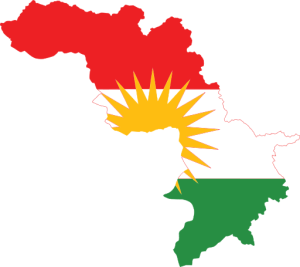Vital developments in an emerging nation.
Back in 2009 one of the University of Nottingham’s senior academics took on an unusual new role. Professor Dlawer Ala’Aldeen was appointed as Higher Education Minister and began to draw up plans to improve the quality of and to internationalise higher education in Kurdistan.
The post-Saddam university system he was taking on was described by Professor Ala’Aldeen as “grossly outdated” and designed for a closed, centralised country.
The BBC News report on his reforms tells how he had tomatoes, stones and apples thrown at him in response to his attempts at changing Kurdistan’s universities. However, he did make progress:
Within a week of being appointed, Prof Ala’Aldeen had written up a radical vision document and it was quickly endorsed by the cabinet.
Higher education in Kurdistan was suffering a major crisis of quality, capacity and infrastructure.
There was a consensus in support of reform and it helped that Prof Ala’Aldeen had been very critical of the government in the past.
The reforms, which planned to improve the quality and accreditation of university teachers, brought considerable opposition from student and teacher organisations as well as businesses linked with the burgeoning market in private universities.
Several new private universities were threatened with closure, much to the anger of their staff and prospective students who had paid fees for their courses.
“Many teachers had been licensed prematurely. There were 11 private universities when I started with 18 more waiting to be opened. These mushrooming private colleges were relying on the same pool of resources as the public universities which lacked staff and facilities,” Prof Ala’Aldeen says.
The problem of staffing was particularly acute in medicine, pharmacy and dentistry and in postgraduate studies.
But Prof Ala’Aldeen faced protests and opposition.
He was accused of trying to transplant the UK system onto Kurdistan, something he vehemently denies since he was educated and worked in his home region, before coming to study in the UK.
There was opposition but he did make some major changes to higher education in Kurdistan. It really is a great story.











